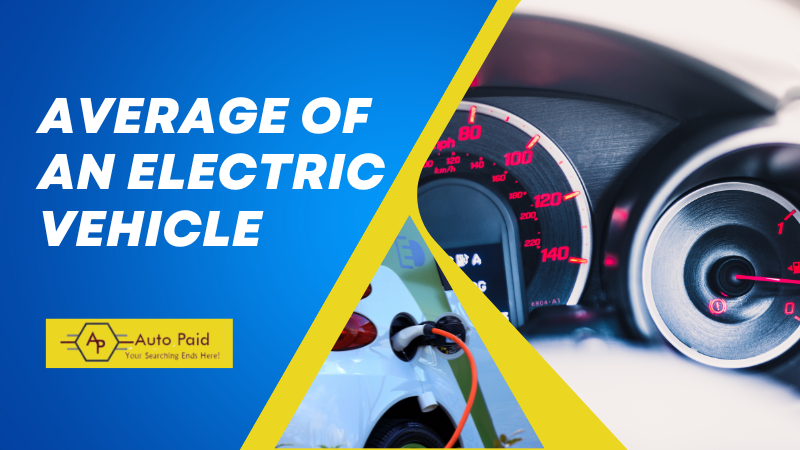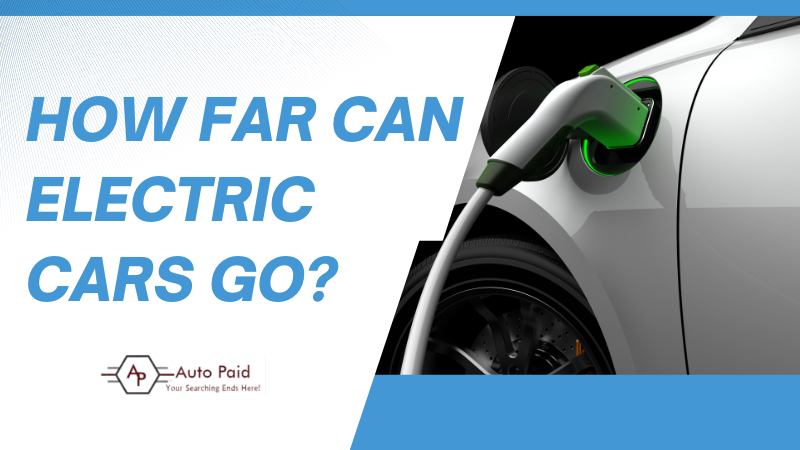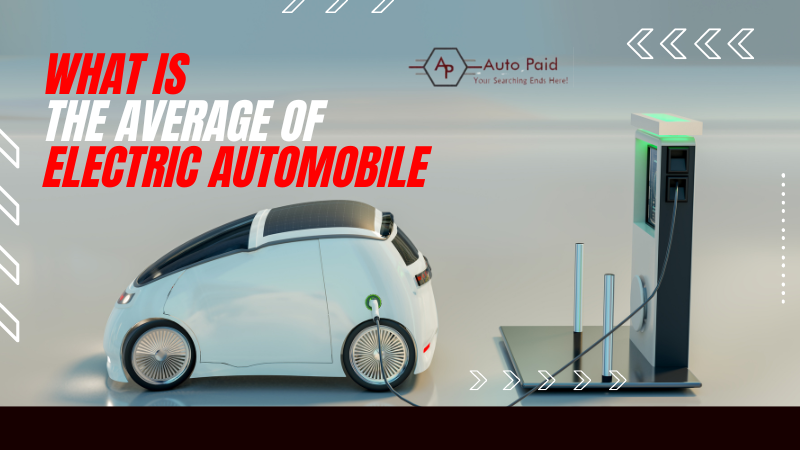What is the average of electric automobile: Electric vehicles (EVs) have become increasingly popular in recent years as individuals and governments alike seek ways to reduce carbon emissions and mitigate the impacts of climate change.
As a result, there is a growing interest in electric automobiles, which offer a cleaner and more sustainable alternative to traditional gasoline-powered cars.
Whether you are a seasoned EV driver or simply curious about the future of transportation, the average electric automobile blog is a valuable resource that can help you stay informed and up-to-date on the latest developments in the industry.
In this blog, we will discuss what is the average of electric automobile.
Average Of An Electric Vehicle

Many people want to know what is the average of electric automobile. Electric vehicle (EV) is a type of car that runs on electricity rather than gasoline or diesel fuel. EVs are powered by one or more electric motors and use rechargeable batteries to store energy.
In terms of performance, the average EV is comparable to a traditional gasoline-powered car, with similar acceleration and top speeds. However, EVs are more energy-efficient than gasoline cars, meaning they can travel further on a single charge.
The range of the average EV can vary depending on the model and the type of driving conditions. Some EVs are designed for shorter commutes and range around 100 miles on a single charge, while others can travel over 300 miles on a single charge.
Charging an EV can take a few minutes to several hours, depending on the type of charger used and the size of the battery. Many EVs can be charged overnight using a standard household outlet, while fast charging stations can provide an 80% charge in as little as 30 minutes.
The average EV tends to be more expensive than a comparable gasoline car, but prices are decreasing as the technology becomes more widely adopted. However, EVs can offer significant savings over the long term regarding fuel costs, as electricity is generally cheaper than gasoline.
How Far Can Electric Cars Go?

After understanding what is the average of electric automobile, it is simpler to calculate how far the electric car can go. Electric automobiles, also known as electric cars, have been gaining popularity in recent years due to their eco-friendliness, low maintenance costs, and the ability to reduce dependence on fossil fuels. As more people consider switching to electric cars, a common question arises: what is the average range of an electric car?
The average range of an electric car depends on various factors, such as the battery’s size, the motor’s efficiency, and driving conditions. However, as of 2021, the average range of an electric car is approximately 250 miles on a single charge. This figure has increased steadily in recent years as battery technology continues improving.
Some electric cars on the market today have ranges that exceed 300 miles, such as the Tesla Model S and Model X, the Lucid Air, and the Ford Mustang Mach-E. However, these vehicles are more expensive than electric cars with shorter ranges.
On the other end of the spectrum are electric cars with ranges below 100 miles. These are more affordable and are often used for city driving or as a second car. Examples of electric cars with shorter ranges include the Nissan Leaf and the BMW i3.
It’s worth noting that the range of an electric car can vary depending on driving habits and conditions. For example, driving at high speeds or in extreme temperatures can reduce the range of an electric vehicle. Additionally, air conditioning or heated seats can reduce an electric car’s range.
Longest Range EV

Range of a vehicle depends on what is the average of electric automobile. The longest-range electric vehicle (EV) on the market is the Tesla Model S Plaid+. According to Tesla, the Plaid+ has a range of over 520 miles (837 kilometers) on a single charge, making it the first EV to have a range of over 500 miles.
The Plaid+ is an updated version of the Model S with improved battery technology, aerodynamics, and a new tri-motor setup. The car has a 120 kWh battery pack, larger than any other EV. The Plaid+ can also accelerate from 0 to 60 mph in less than 1.98 seconds and has a top speed of 200 mph (322 km/h).
However, it’s worth noting that several other EVs are on the market with ranges of over 300 miles (483 kilometers), including the Tesla Model X, Tesla Model S Long Range, Lucid Air, and the Ford Mustang Mach-E. These cars offer an impressive range and are suitable for long-distance travel. As battery technology continues to improve, we can expect to see even longer ranges for electric vehicles.
What Affects The Driving Range For EVs?
Several factors determine what is the average of electric automobile. Understanding these factors is important for EV owners to optimize the range of their vehicles and plan their trips accordingly. Here are some of the most significant factors that affect the driving range for EVs:
- Battery capacity: The most significant factor that affects the driving range of an EV is the battery’s capacity. The larger the battery, the longer the driving range. Battery capacity is usually measured in kilowatt-hours (kWh).
- Driving style: Aggressive driving, such as rapid acceleration or sudden braking, can negatively affect the range of an EV. A smoother driving style can help increase the range.
- Speed: Driving at high speeds requires more energy, which can significantly reduce the range of an EV.
- Temperature: Extreme temperatures, both hot and cold, can negatively affect the range of an EV. Cold weather can reduce the range because it requires more energy to heat the cabin and battery. On the other hand, hot weather can reduce the range because it requires more energy to cool the cabin and battery.
- Terrain: Driving on hilly terrain can increase the energy required to move the vehicle, reducing the range of an EV.
Conclusion (What Is The Average Of Electric Automobile)
We have discussed what is the average of electric automobile. According to the US Department of Energy, the average range of an electric automobile is around 120 miles (193 km) on a single charge. However, there are electric cars with ranges that are much higher than this average, such as the Tesla Model S Long Range and the Lucid Air Grand Touring. Electric vehicles with shorter ranges are also more suited for city driving and short commutes.
Q1. Can electric cars be charged at home?
Electric cars can be charged at home using a Level 1 or Level 2 charger. Level 1 chargers use a standard 120-volt household outlet and can take up to 24 hours to fully charge a car. Level 2 chargers require a 240-volt outlet and can charge a car in a few hours. Home charging is a convenient and cost-effective option for many electric car owners.
Q2. How much does it cost to charge an electric car?
The cost to charge an electric car varies depending on the electricity rates in your area and the size of the car’s battery. On average, it can cost anywhere from $5 to $15 to charge an electric car fully. However, many electric car owners use off-peak electricity rates and free public charging stations to save money.
